Charles Pakana (Victorian Aboriginal News)
We’re joined today by one of the Co-Chairs of the First Peoples’ Assembly of Victoria, Gunditjmara man, Rueben Berg, who returns to the program to talk about a number of issues that have come up, or particularly been given rise, over the past couple of weeks since the State-wide Treaty Gathering at Geelong. Reuben, welcome back to the program.
Rueben Berg
Thanks for having me.
Charles
Rueben, one of the things that you made mention of in your speech in Geelong during the State-wide Gathering was economic development and participation as a result of Treaty. You mentioned that it would bring benefits to all people or to the greater community. You made mention of Budg Bim. Let’s talk about that and other examples where it can benefit the greater community.
Rueben
Yeah, as I mentioned previously, that Budjo Bim one is a really powerful example because this is where we’ve seen Traditional Owners at a local level lead a process. To say this is of such significance, it needs to be recognised with that World Heritage status, and they achieve that. And we’ve seen the benefits more broadly. This is now a tourist destination of people come to that area. It boosts that local economy there because of the work of First Peoples in that space.
Charles
We don’t have Budge Bims all around Victoria, what are some of the other examples that you may be considering or looking at?
Rueben
Well, I think there’s a broader conversation around what Closing the Gap looks like for the economy, for local economies, that if we’ve got First Peoples dying younger, apart from losing their lives earlier, they’re not able to contribute to the economy as other people are.
And so if we can enhance the life experience of First Peoples, they’re going to be living longer, they’re going to be generating more income, they’re going to be spending more money in local areas. There’s a flow on effect for all parts of community.
When we lift up First Peoples, where we’ve been down because of colonisation, no detriment of our own, but because of colonisation, we’re behind the eight ball. If we can lift up First Peoples, that will lift up everybody in those communities.
Charles
Do you really consider that as a key part in economic development, though, and economic participation?
Rueben
I think it’s definitely one element of that economic development. I think there’s a lot of work being done to analyse some of the work. Especially, I know the Djarra People have been looking at the impacts that they’re bringing to their local economy through the work that they’re doing, and they’re going from strength to strength. So I think there’s lots of powerful examples that we can continue to draw from to demonstrate to the broader community that this is a Treaty not just for First Peoples, but it will bring benefits to all Victorians.
Charles
How do we then take economic development past those typical examples of art and culture, because there’s more to Aboriginal people than just art, culture, didge playing and footy.
Rueben
Yeah, absolutely. And one of the things I’m really excited by the work we’ve been able to do so far in establishing the Self Determination Fund is at the moment it’s got that role for supporting Traditional Owners to want to negotiate Treaty.
But long term it has that role, that priority of embedding wealth and prosperity for First Peoples. So we’re going to have this pool of resources that we can use as a community to invest in ourselves. And, you know, if you look around society, that when you have money, you’re able to generate more money, you’re able to invest in things, you’re able to get that economic outcome because you have a solid financial base.
We’ve been excluded from that as communities. So when we move into this future where the fund exists in a way that can actually invest in First People’s businesses, invest in First People’s ideas, then we’re going to see that leverage to get better economic outcomes.
Charles
And for our listeners, we will be speaking to some of the directors or managers at the Self Determination Fund over the next couple of weeks. So stay tuned for that because there’s some exciting things happening.
Rueben, let’s talk now about the transference of power from government to Aboriginal people to the Assembly to the Traditional Owners. Now this is something that you and I have spoken about a number of times, and it’s obviously an important part of the Statewide Treaty going forward or negotiations for this.
Now, in the speech, you made mention of at the local level that power over decision making could be made by local Traditional Owners. We’re also talking here about the First Peoples’ Assembly taking on some decision making from the minister for First Nations and Treaty.
But are you talking here about state government powers or local government? Because if you’re talking the local Traditional Owners, all of a sudden we’re talking about local governments, and that’s going to be pretty messy because we’ve got, what, 79, I think, across Victoria.
Rueben
Yeah, there’s a lot. Yeah. So there’s lots of layers to that. So I think at a local level, from a Traditional Owner perspective, there will definitely be relationships and negotiations that include local councils. And this is a very strong part of the framework, we’ve established that it’s not just the Traditional Owner group who would sit down and negotiate with the state, their local Treaties, there’s capacity to add additional parties and so I would imagine there’s going to need to be some significant work done at the local council level to bring local councillors to that table.
And I’m hopeful that that can be done in a way that, similar to how Traditional Owner groups are likely going to form delegations of larger collections of First Peoples coming to the table to negotiate as one entity. We’re going to need to see local councils think about how they can kind of come to the table and say, okay, for this Traditional Owner group, there are ten local councils that their area covers.
How can we come together as a collective so we can sit down and negotiate and not have ten separate negotiations will. I hope this is part of negotiations involve some of that decision making at a local level and whether that’s representation of Traditional Owners on local councils. But there’s also other elements of government that sit at that local level, whether that’s with water corporations, catchment management authorities, that level of decision making as well.
When we need to make sure we’re empowering Traditional Owners in that space.
Charles
You’ve got to be talking about a fairly long term goal and ambition here because getting Traditional Owner groups set up to deal with that many bureaucratic organisations and governments is well beyond the abilities they have right now and is going to take an extensive amount of time.
The other issue that comes to mind is, if we’re looking at all these local governments and pseudo government bodies across Victoria, we do know that there are pockets across Victoria where there is, we’re not going to say racism, but there are strong movements within the governments and within communities that are against First Nations, against First Nations self determination. I know in your speech you made mention of, hey, long term goals, but let me put this to you.
Are they really realistic right across Victoria? And if they were to be realistic, how do we make it happen? You can’t force local government.
Rueben
Well, I think that’s one of the beauties of this system, is that we’ve tried to make it that at that local level there can be those local decision. I think some of the, the pushback around some of the existing processes has been that there’s a sense, my understanding of it is there’s a sense from local councils, local communities that the state government in Spring Street decides all these things and then imposes it on those communities.
And that’s different to how we want to see this process we want those communities at the table, we want the local council at the table as part of the negotiations. So it’s not something that’s forced upon them, it’s something that they’re a part of that agreement and they can see the benefits that it will bring to their local communities.
So it’s not imposed from this higher level. But absolutely, as you mentioned, there’s going to need to be a phased approach to this, and I see it very much in the terms of the negotiations could enable. This is kind of the suite of things that we might want to be able to have as a Traditional Owner group have power to do, and at the moment we want to exercise this right and then maybe in two years we’re going to add this other right to it. But so you have a suite of things that you’ll progressively adding to as a traditional owner group to make sure you’ve got the capacity to fulfil those obligations.
Charles
You’d obviously, I would assume, need the state government to introduce some form of, not necessarily a dictate, but guidance to local governments about this, whether it’s under the powers of the minister for local government or. Rueben, that does actually bring us to the next issue that I wanted to talk about, which is allies.
At last, the Assembly is really making some noise about the need of the support from allies to achieve state Treaty and of course, local Treaty. Let’s go. The who, what, when, where, why, how, not necessarily in that order, but at the local government level. I’m aware of a number of local governments, specifically in Melbourne, that are very keen to embark upon Treaties with Traditional Owners or with the Assembly. Would you be advocating to these local governments and outlook. Just hold on, wait and see.
Rueben
We’ve already started having some conversations with those more progressive local councils just at an interim level, just to make sure they’re across what the work of the assembly is and how they might fit into that landscape. So we’re already having those preliminary conversations. And the Framework, the Treaty Negotiation Framework, does include that role for additional parties, which will include local councils. So there’s very much the capacity for that conversation to continue.
Charles
Well, I do have to ask you what local governments in particular. I can guess at Merri-Bek being one of them.
Rueben
Indeed. Yep.
Charles
What about some others?
Rueben
They haven’t been as formal with those other ones, but I’ve just had, you know, roundabout conversations.
Charles
Does this mean you’re not prepared to actually name names right now
Rueben
I don’t need to name names right now.
Charles
Okay, so what would you advocate for those local governments, at least, that are strong in supporting of First Nation self determination if they want to explore this path? Surely you don’t have the resources internally to be fielding questions and queries from 79 local governments. What do you want them to do?
Rueben
Well, as part of that, we are meeting with the local council association to get an understanding of how we can have that conversation, how we can support and not be inundated by all the local councils simultaneously coming to us. So there’s a plan in train about that. But really what we would, I would encourage local councils to understand the Framework that we’re working with so that they get their sense of where they fit within that, because they do have a place within that.
Charles
This is the Treaty Negotiation Framework.
Rueben
That’s right, yep. And then to start thinking about how they want to come to the table, what are the things they’d like to discuss with Traditional Owner groups around how they might progress some of this self determination? Essentially, what are the decisions that they’re making at a local council level that they think would be best placed in the hands of first peoples and where it can’t be transferred? What are the mechanisms they want to put in place to have either joint decision making or really strong advisory capacity for First Peoples as part of that decision making?
Charles
Well, the question pops to mind as a result of that is what, what buy in from the local traditional owner groups do you actually have for that? Because obviously they’re not going to be very thrilled if the assembly is seen as stepping into their particular area.
Rueben
Yes. So we’re not saying we’re going to agree on any negotiations with those local councils. We’re just saying this is the process that’s been established and they should have an understanding of what that looks like. It’s going to be the Traditional Owner groups that are going to sit down and have that negotiation, but that doesn’t mean that those local councils can’t start wrapping their head around what this process is going to mean to them.
Charles
So is this where the Self Determination Fund comes, comes in as well to assist the tio groups in sitting down with the local governments?
Rueben
That’s right. So the Self Determination Fund is there to help traditional owner groups get Treaty ready in whatever scope they feel is important to them. There’s no, you have to do this, this and that. It’s up to them to decide what that means to them within broad bounds so that they can get themselves treaty ready. If that means they want to have resources to sit down with local councillors and start those conversations. That’s the capacity they’ve got.
Charles
We need, though, more than just local governments to be embarking on these conversations for a greater deal of support. Because if we’re looking at something that’s going to be historically significant, especially in this state, really in the entire country, then to go in there with only five or 10% mass community support, we’re doomed to failure. So what is the Assembly doing now to marshal the support of the greater community? So what are the other allies and what should they be doing?
Rueben
I just met this morning with members of the Australian Reconciliation Network, which includes Reconciliation Victoria, so had really strong conversations with them about where we’re headed. And yeah, very mindful that we need support of our allies in that space. And it’s really, I think, about harnessing. We did have very strong support in particular regions around the Voice and seeing how we can kind of redirect some of that support to say we didn’t get a Voice up.
But there is still work happening around Treaty. And what I really encourage allies to think about is it’s one thing to be able to communicate and share to people and say, oh, you know, Treaty conversation’s happening. And I think it’s a really good idea because it gets benefits for first people’s, for X, Y and Z.
That’s one way to have the conversation. What I’m really encouraging allies to do is think about how can they communicate to their friends, colleagues that they see benefits to themselves and their community through Treaty? Because that’s how I think we’re going to build our allyship, when it’s not just about this is how it benefits First Peoples. But being able to demonstrate on a personal level, from an allies perspective, how do you see this benefiting your community, your children, your future?
Charles
Do you think then in that case, that there’s a need for the Assembly to put together some form of supporters package, just like the yes campaign did, where it supported a lot of the people in having kitchen table conversations and things like that. Is this a plan for the Assembly or a requirement?
Rueben
So it’s not a requirement. So we have an obligation under the Framework to make sure we get our community on board. Under the Framework, there is an obligation on the state to make sure that they’re educating the broader community. So we see there’s some obligations…
Charles
But they’re not, let’s be honest, they’re not.
Rueben
We’re having conversations with the state about what they’re planning to do and seeing how we can support what they do plan to do. And my understanding is there’s some action coming, but we also want to make sure that there is resources that where we can, that we are supporting that broader conversation.
Charles
So you mentioned the Reconciliation Victoria and the Australian Reconciliation Network meeting that’s going on, I think now. Well, as of recording this over the next couple of days, we’ve got, I believe, 26 local reconciliation groups across Victoria around about that number. That’s quite a small group of people. People will keep coming regardless of what the state government’s going to do. People will keep turning to the First Peoples Assembly for guidance. Do you have anything in mind to provide that support apart from what we’ve spoken about?
Rueben
Yeah, we’ve got some plans to have some dedicated sessions for allies coming up, but as I said, this needs to be a shared responsibility that work. So we’re going to be relying on organisations like Reconciliation Victoria to see what they can do in that space. And as I said, there is an obligation on the state to step into this space as well.
Charles
What commitment have you had from the state at this point about what they’re going to be doing?
Rueben
Nothing I can share too broadly, but my indication is they’ve got plans that they’re going to start ramping up around, raising broader awareness around Treaty.
Charles
Do we have any idea of when they may be raising up or do I need to go to Natalie Hutchins on this?
Rueben
You’ll have to ask Natalie Hutchins.
Charles
Rueben Berg, I want to thank you so much indeed for your time. We will catch up again over the next few weeks regardless.
Rueben
Always a pleasure.


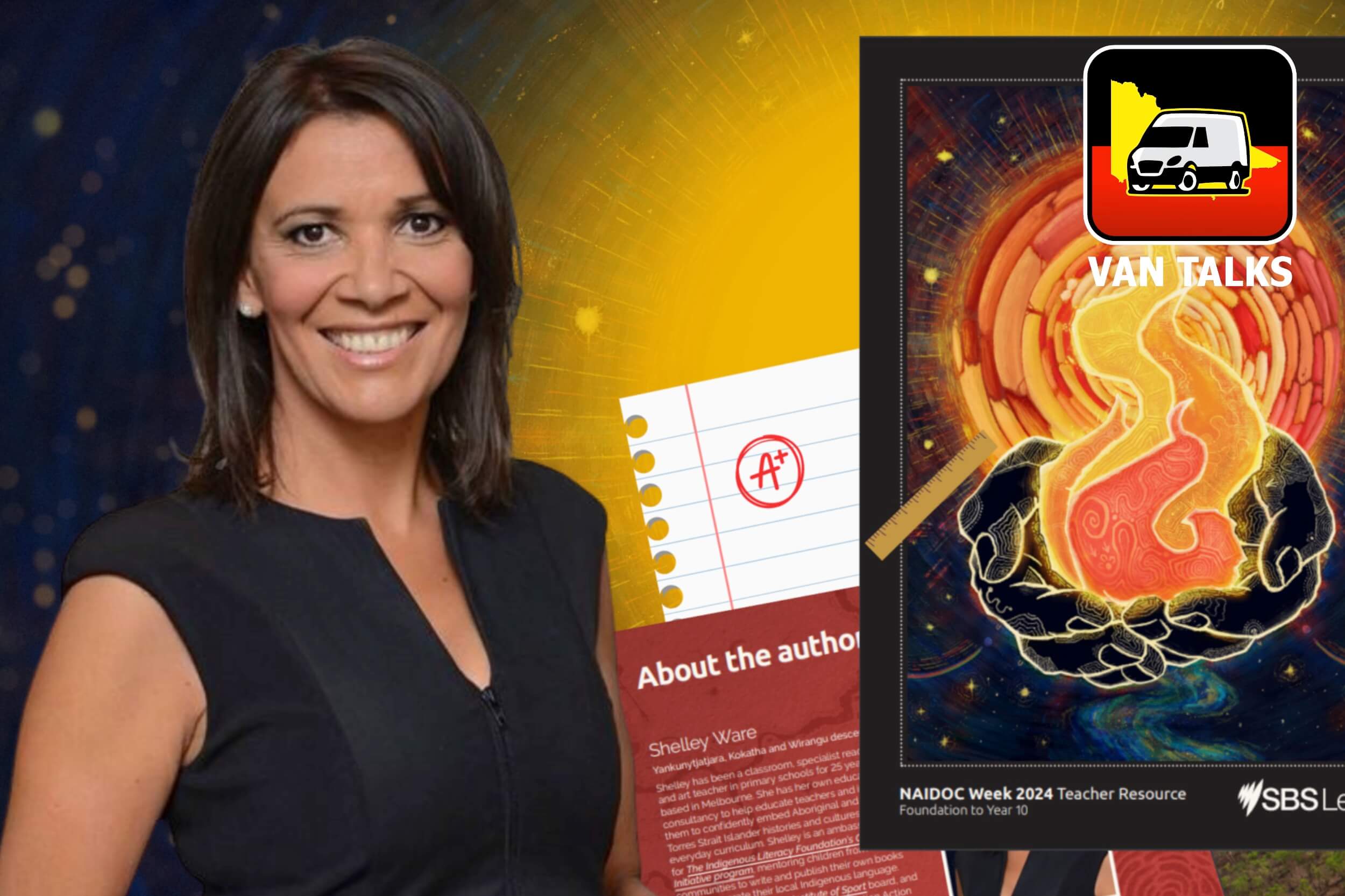
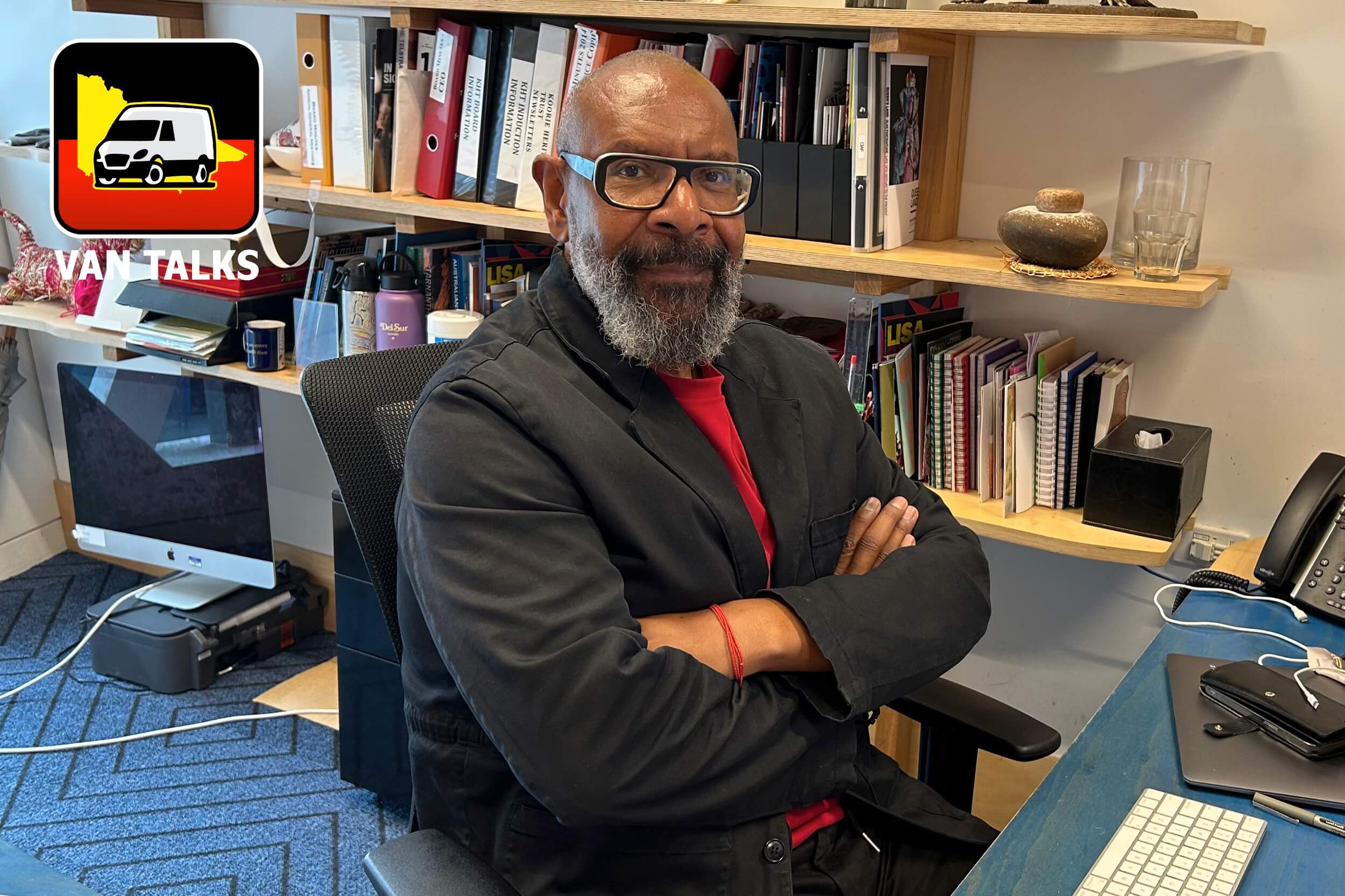
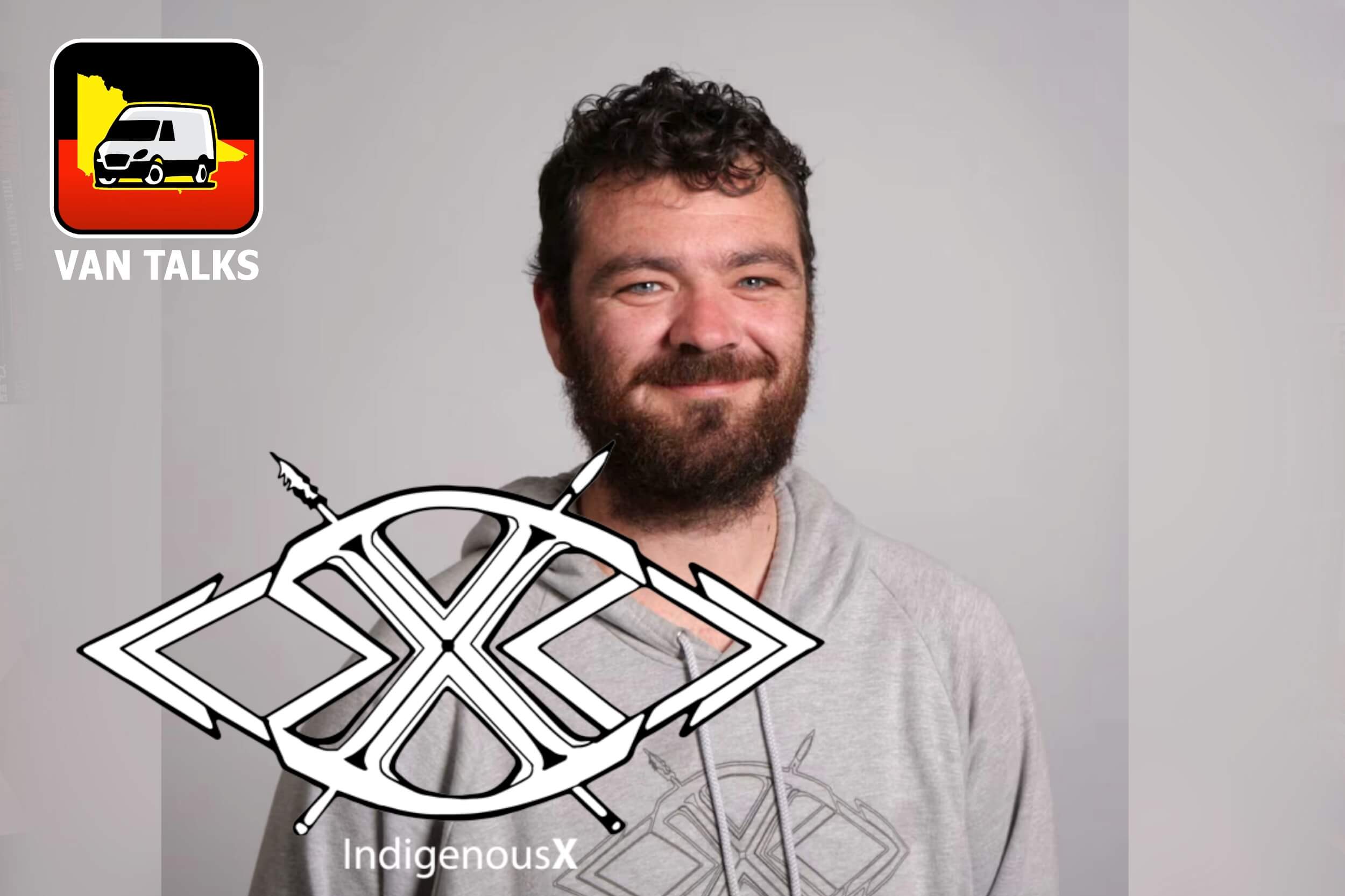
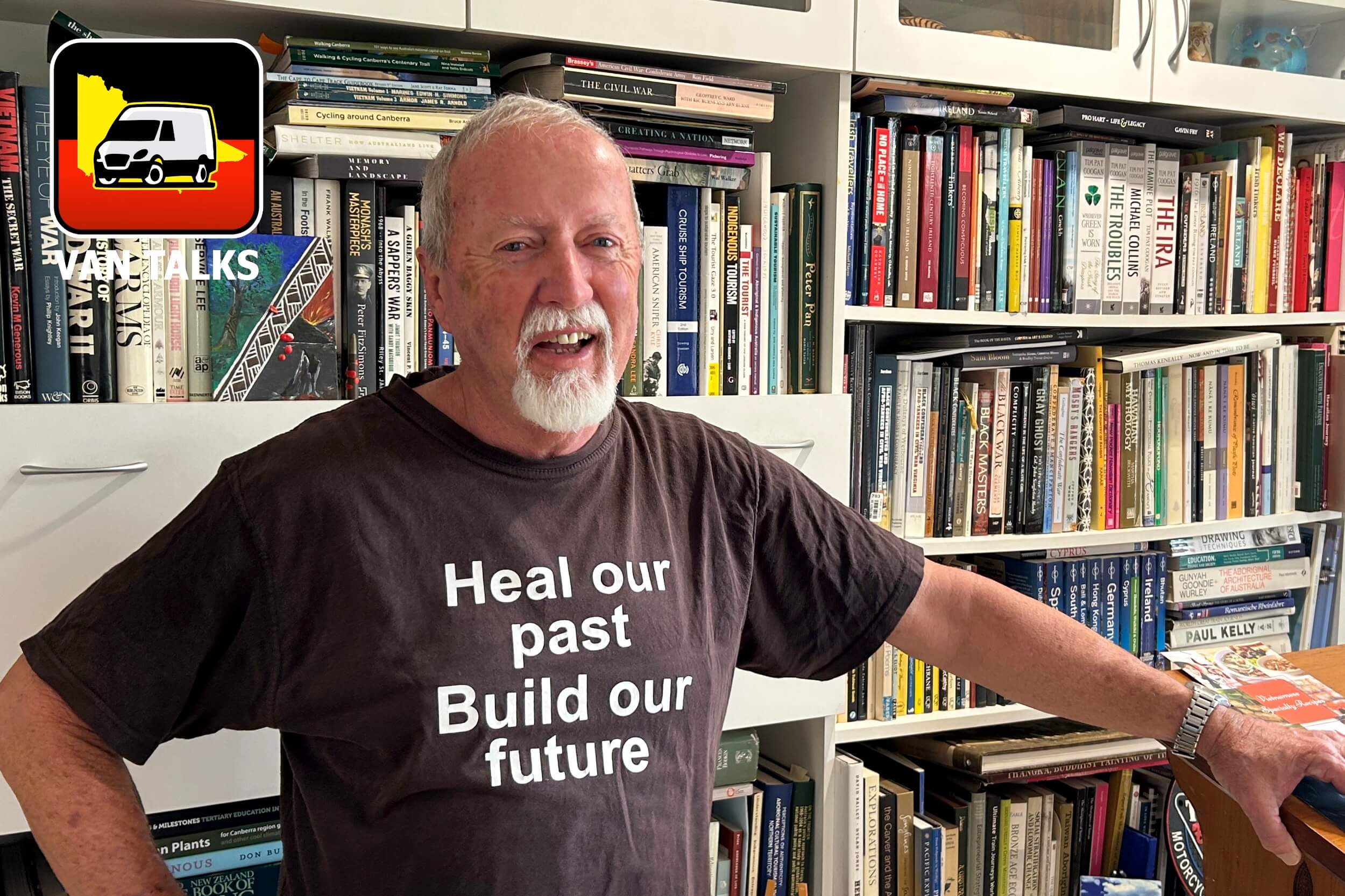
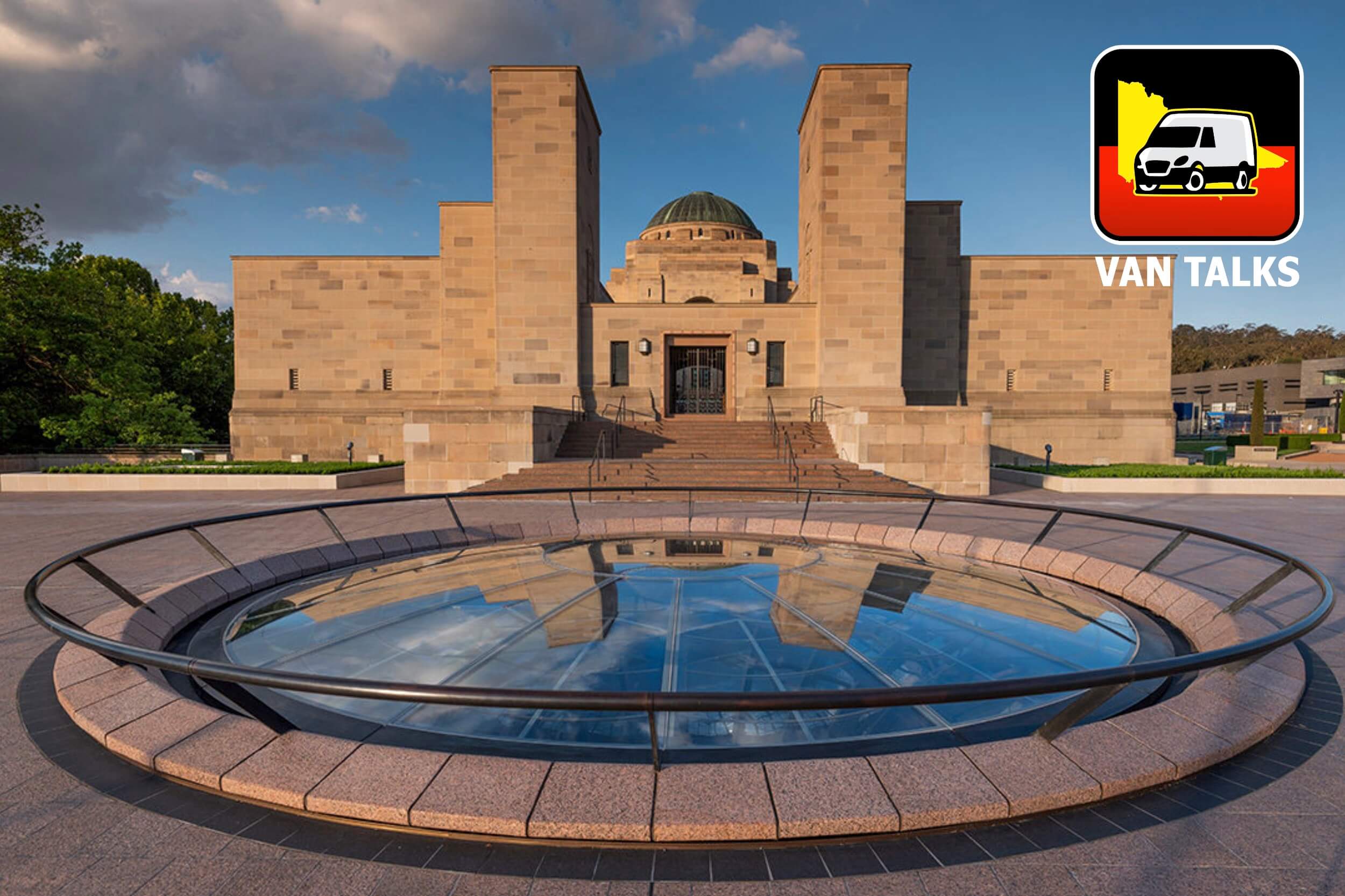

0 Comments